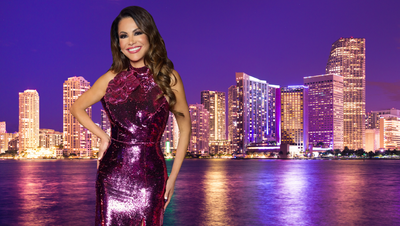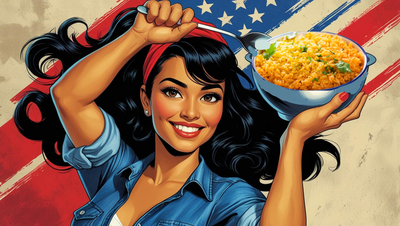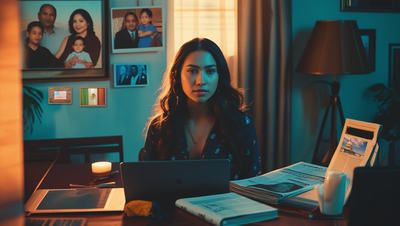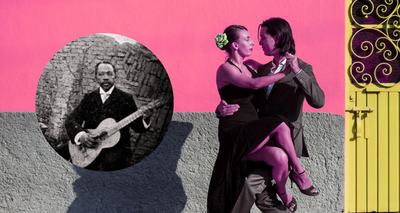I think the most important thing that I have learned from graduate school, was that I learned to name those things that had been used against me my entire life. The ability to name ones oppression is powerful for our individual liberations because for years I thought I was being “too dramatic,” “too critical,” “too strong willed for a girl,” “too harsh,” “too quick to anger.” But now that I am older, and can recognize these behaviors I feel better equipped to handle…
I grew up with an emotionally abusive older brother. He could do no wrong, and was funny, charming, the center of attention did what he wanted when he wanted, and mostly he made my life hard. He did not hit me, but he taught me to fear men in another way, he taught me to fear men who came for your mind.
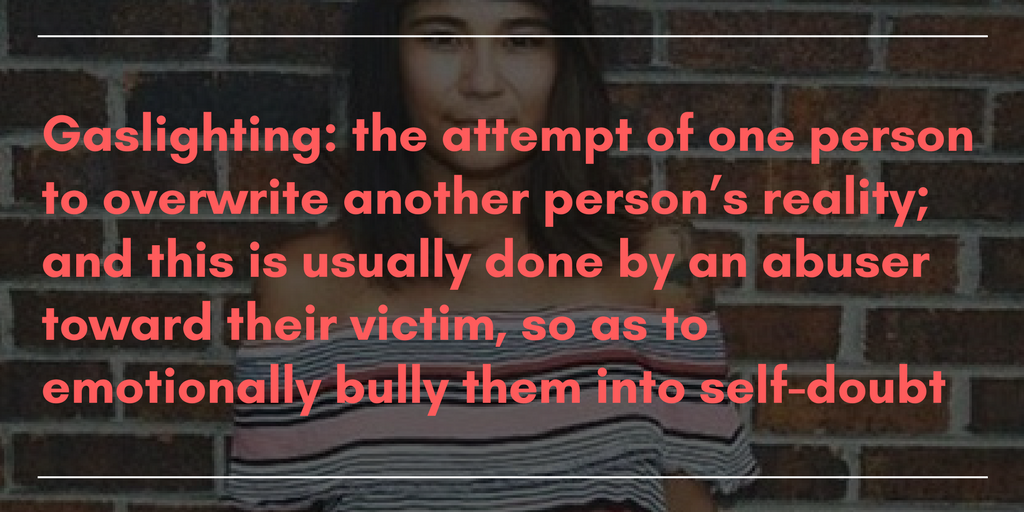
My brother constantly made fun of me and ridiculed my appearance in front of people, my friends and his friends, ridiculed my intelligence and made me feel small as much as he possibly could. And the worst part was that when I would get mad and distance myself he would always apologize so intensely that I began to feel like I had taken things too far, like it was my fault that he was a terrible person to me, and that he would be better – because he said he would be.
But by age 15, I stopped talking to my brother because I was tired of being mistreated. At age 15, I said: No more. But when I moved out, I though the distance could create a nice buffer for me to visit and feel safe enough to talk to him again. So when I began to visit, and I would engage him in conversations and I would try. I would make a genuine attempt to connect with him, even if just in those hours that we all sat down to eat dinner.
On February 2017, I had just landed in the airport and my mami suggested we drive to his house since I had brought a present for his pregnant wife. We drove to their house, and when we arrived she was home alone. We greeted one another, and I gave her the gift, and she proceeded to show me around their nursery and all the baby-to-be’s new clothes. Then my brother came home. I was sitting in their dining room, and we said hi and he seemed off. He seemed on edge. Then he said: “I tried to google you, and did not find you.” But he did not asked why that might have been an issue; he just raised his eyebrows in disapproval.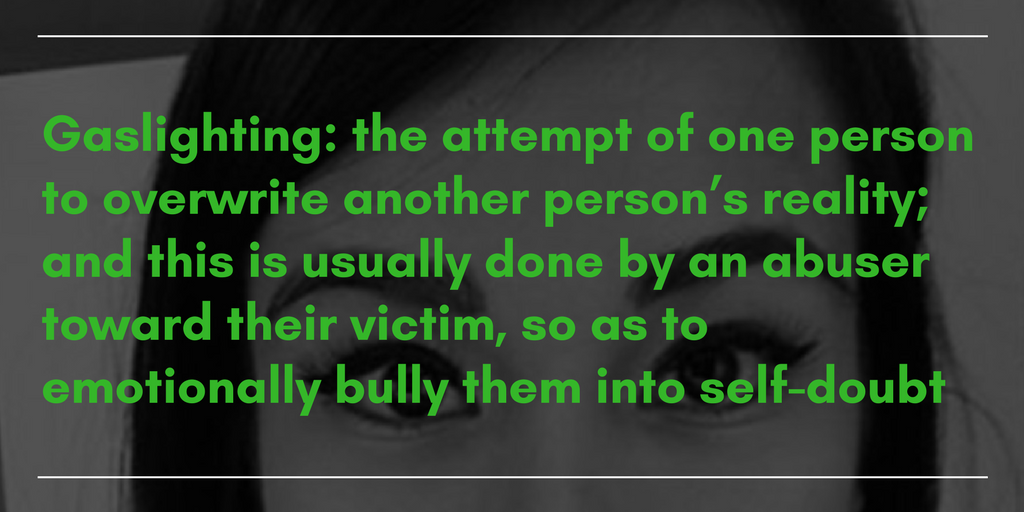
Then he said, “I found an article you wrote about me. You lied.” In it I describe a particular incident where he hurt my little sister, physically. He had read this article and said that he was mad at me for lying, and that now people were going to think he was abusive. He was not apologetic about his behaviors but rather he seemed insulted that people knew, and he also was insistent that I had lied.
I went through three stages during this conversation, I wanted to laugh initially because I knew that this incident had in fact happened. I recounted it, in my story that he found, as it happened. I could not even fathom that he was serious about having forgotten this incident.
Then, because he insisted that I was lying, I tried to think about what had happened and it suddenly became fuzzy. My memory was suddenly not so vivid anymore and I began to doubt myself. Which the adult more aware me knew that I should not because I will never forget that day.
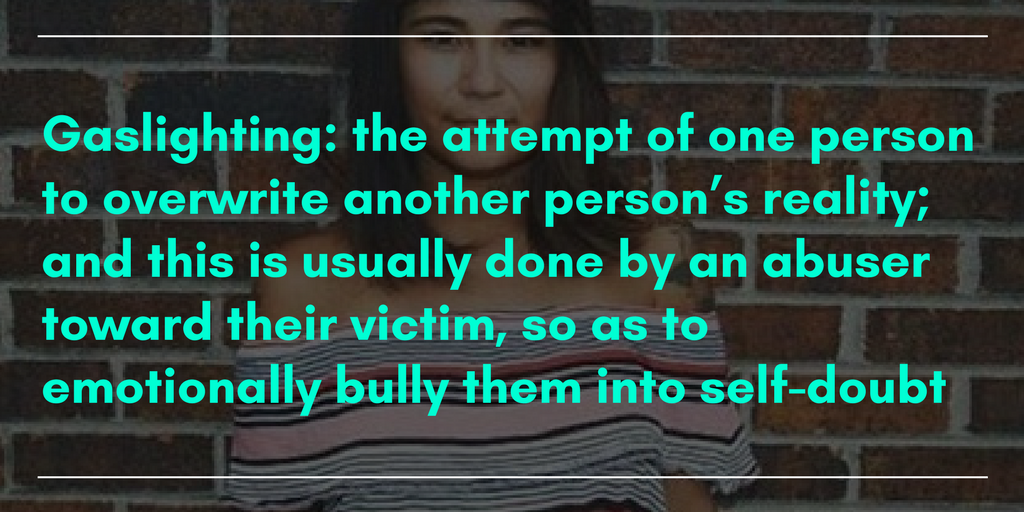
Finally, I shook myself out of that daze and said: “let’s call [insert my little sister’s name]” and he said: “she’s working, but yeah call her.” So since she was working I texted her, and said: “remember that day that [insert older brother’s name] hurt you, and you cried and nobody did anything about it.” And she responded without much of a description, “of course.”
And then I sat there and thought, why did I even need to ask her??? I knew what I had written was true and what had happened that night was memorable for everyone involved. Yet here my brother stood, because at this point he was pacing, angry with me because I was writing, “lies” about him. When you grow up with an emotionally abusive brother who is rarely checked because he learned everything he knows from his/your papi, you learn that your reality is subject to change according to theirs.
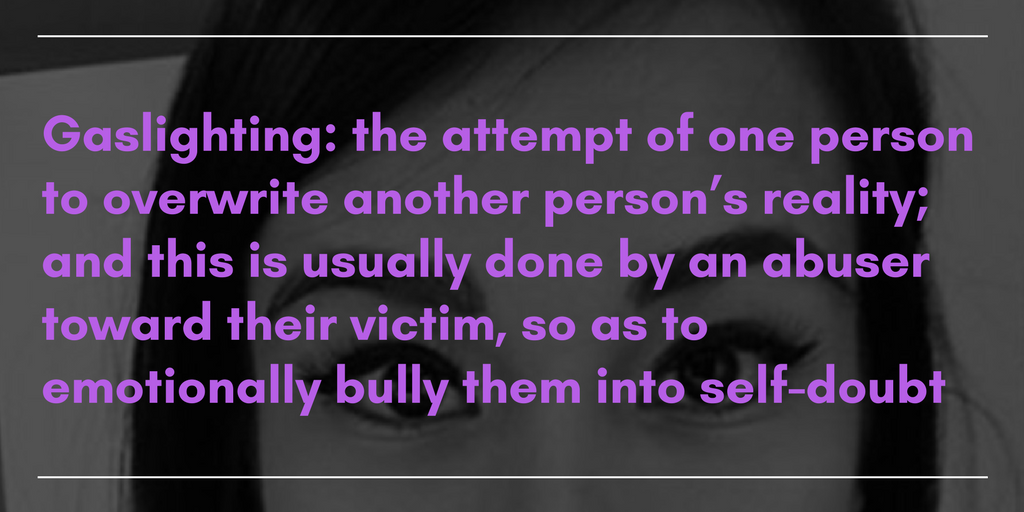
I think the most important thing that I have learned from graduate school, was that I learned to name those things that had been used against me my entire life. The ability to name my oppression has been powerful for my own liberation because for years I thought I was being “too dramatic,” “too critical,” “too strong willed for a girl,” “too harsh,” “too quick to anger.” Now that I am older, I know how to recognize an emotionally abusive situation and I have learned to create distance between myself those who intend on harming me, whether or not it is intentional, because self-preservation is part of my liberative praxis.
Prisca Dorcas Mojica Rodriguez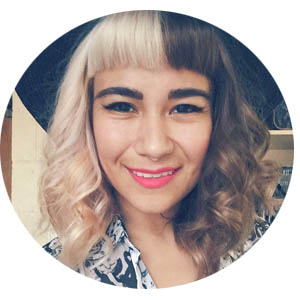 , Contributing Writer & Founder, Latina Rebels
, Contributing Writer & Founder, Latina Rebels


